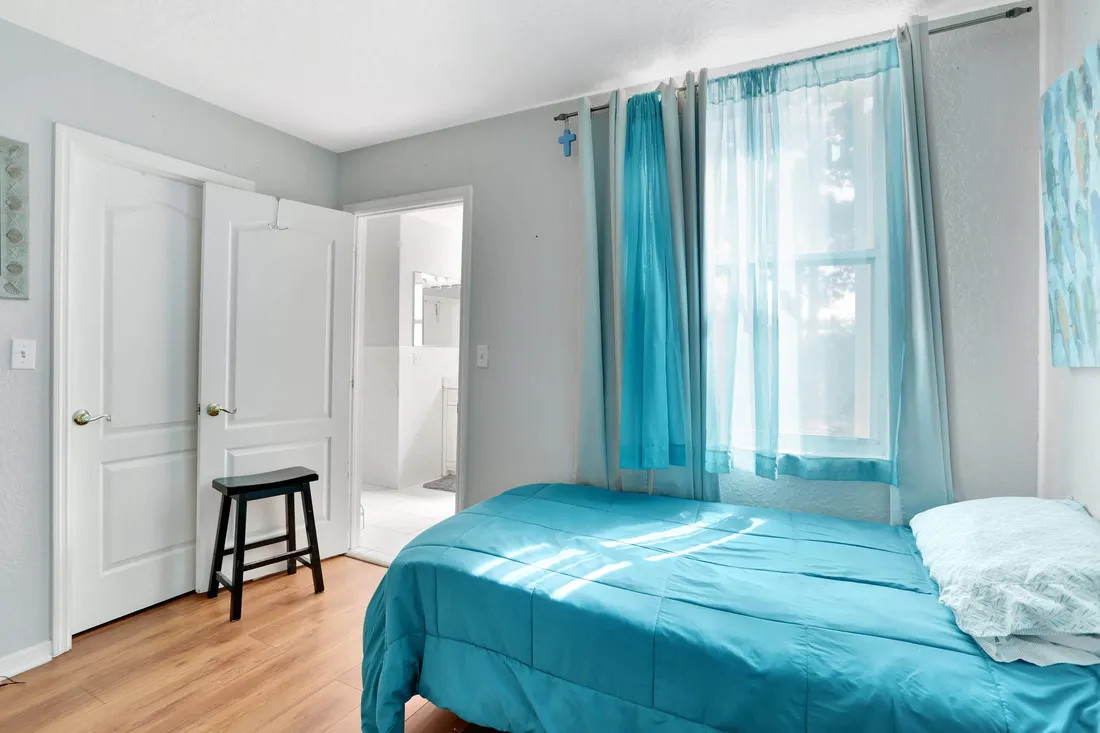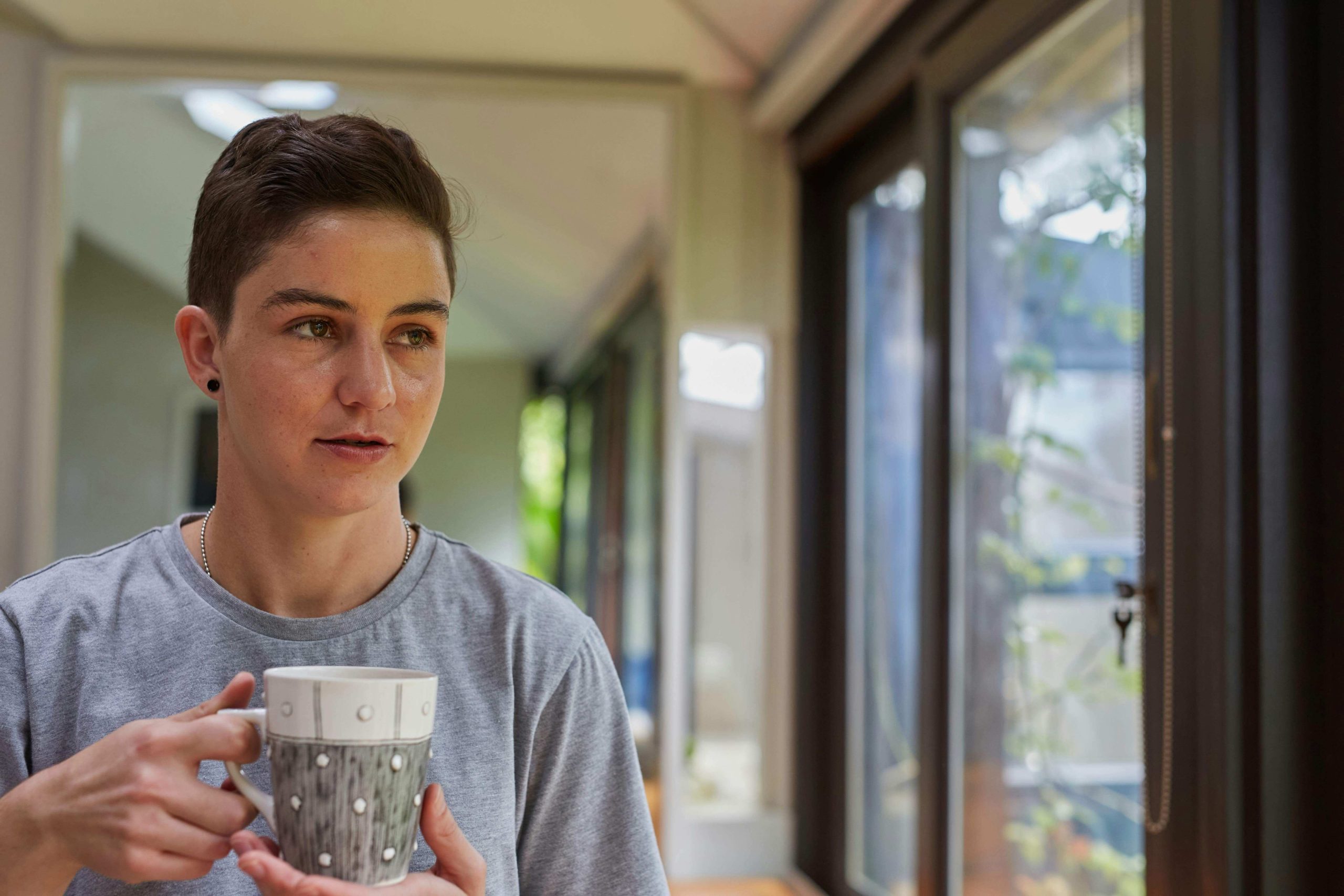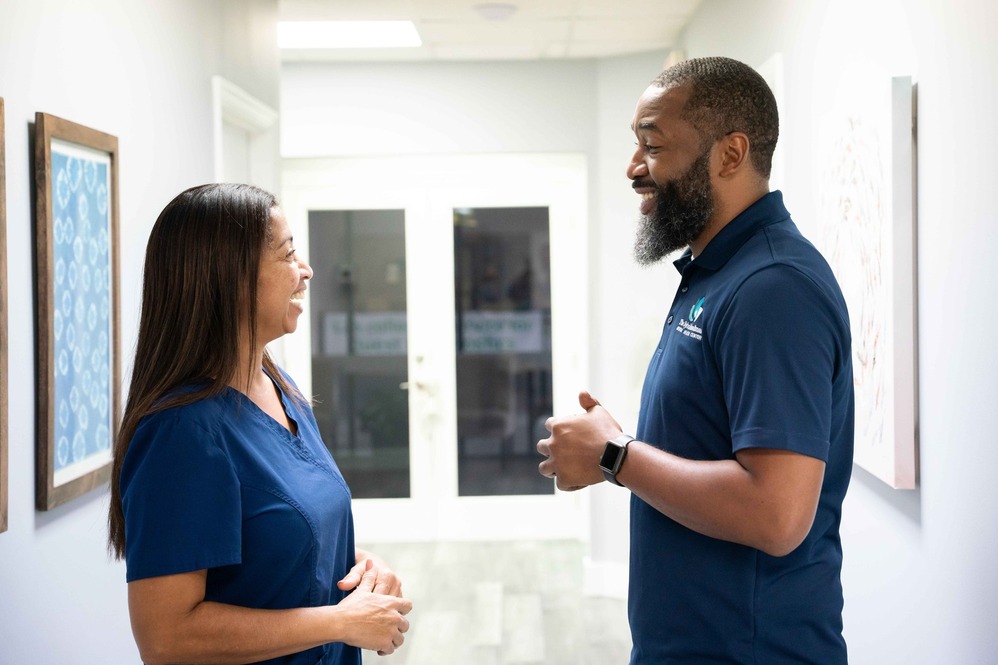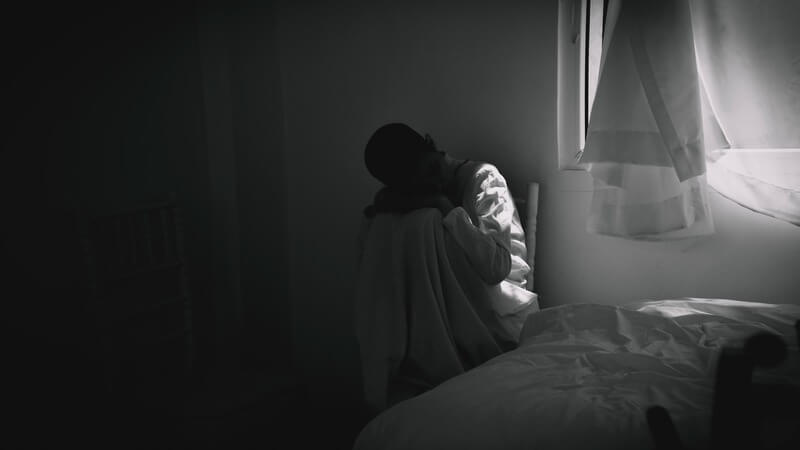How Much Does Narcolepsy Therapy Cost With Private Health Insurance Coverage?
The cost of narcolepsy therapy with private health insurance can vary widely based on your specific plan, the type of therapy you receive, and your location. Generally, if you have insurance, you might pay $20 to $150 per session for therapy, depending on your copay or deductible.
For example, if your plan has a copay of $30 for mental health visits, you would pay that amount per session. However, if you have not met your deductible, you might be responsible for the full session cost until you reach that amount. To get a more accurate estimate, check with Sylvia Brafman and ask about coverage specifics, including any limits on the number of sessions covered per year.
How Much Does Narcolepsy Treatment Cost Without Commercial Health Insurance Assistance?
Without commercial health insurance assistance, narcolepsy treatment costs can vary based on the kind of therapy and the facility you choose. On average, you might expect to pay between $100 to $300 per session for therapy, depending on the provider’s experience and location.
Additionally, if you require medication, it can cost from $30 to more than $300 per month, depending on the specific prescription and whether you qualify for any patient assistance programs. Other expenses, such as diagnostic testing or specialized consultations, may add to the overall cost. To manage these expenses effectively, consider discussing payment plans or sliding-scale options with your provider, and explore community resources that may offer support for individuals without insurance.











